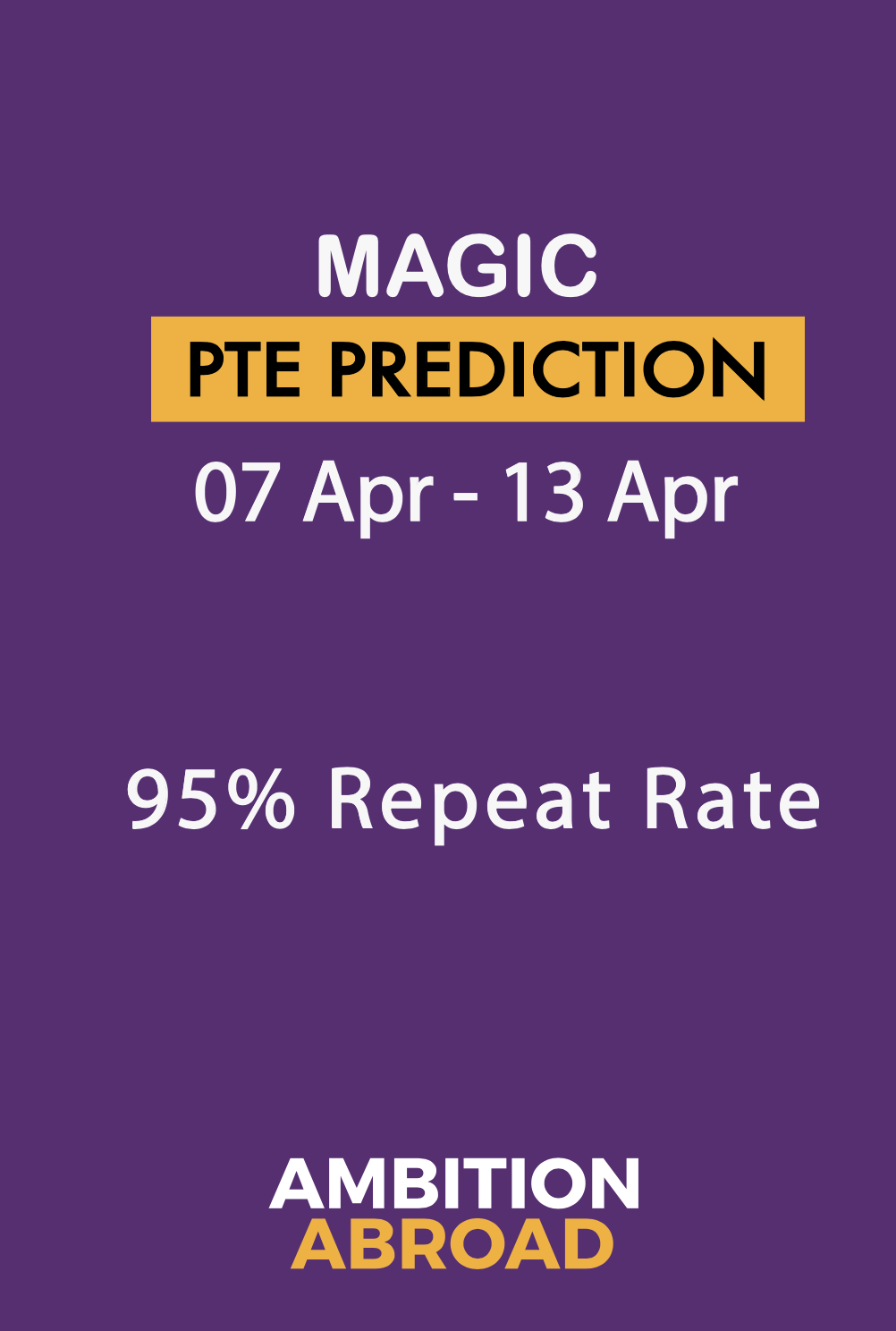HERE IS THE LIST OF Top 20 Tips for IELTS
- In Listening, use the example at the beginning of the first section to familiarize yourself with the sound, the situation, and the speakers.
- Keep listening until the recording stops, looking only at the questions that relate to the part being played.
- There are often pauses in the recording between different sections. Use these to prepare for the next set of questions.
- Answer Listening questions in the order they appear on the Question Paper. Remember that they normally follow the order of the information in the recording.
- At the end of the recording you have some time to transfer your answers to the Answer Sheet. Check your grammar and spelling as you do so.
- In Academic Reading, begin by going quickly through each passage to identify features such as the topic, the style, the likely source, the writer’s purpose and the intended reader.
- As you read, don’t try to understand the precise meaning of every word or phrase. You don’t have time, and those parts of the text might not be tested anyway.
- Reading tasks sometimes have an example answer. If this is the case, study it and decide why it is correct.
- Some tasks require you to use words from the text in the answer; in others you should use your own words. Check the instructions carefully.
- The instructions may also include a word limit, e.g. Use no more than three words. Keep to this by avoiding unnecessary words in your answer.
- In Academic Writing, you must always keep to the topic set. Never try to prepare sections of text before the exam.
- Keep to the suggested timing: there are more marks possible for Task 2 than Task 1.
- Organize and link your ideas and sentences appropriately, using a wide range of language and showing your ability (in Task 2) to discuss ideas and express opinions.
- If you write less than 150 words in Task 1 or less than 250 in Task 2 you will lose marks, but there is no maximum number of words for either.
- When you plan your essay, allow plenty of time at the end to check your work.
- In Speaking, don’t try to give a prepared speech, or talk about a different topic from the one you are asked to discuss.
- Always speak directly to the Examiner, not to the recording equipment.
- Whenever you reply ‘Yes’ or ‘No’ to the Examiner’s questions, add more details to your answer. In each case, aim to explain at least one point.
- Remember that you are not being tested on your general knowledge but on your ability to communicate effectively.
- Organize and link your ideas and sentences appropriately, talking clearly at normal speed and using a wide range of structures and vocabulary.

![Cambridge IELTS Book 7 Practice Tests [Pdf]](https://ambitionabroad.in/wp-content/uploads/2021/10/Cambridge-Book-7-1.jpeg)
![Collins Vocabulary for IELTS Book [PDF] [2021]](https://ambitionabroad.in/wp-content/uploads/2021/10/Collins-Vocabulary-Book-Download.webp)
![Cambridge IELTS Book 9 Practice Tests [PDF]](https://ambitionabroad.in/wp-content/uploads/2021/10/Cambridge-Book-9.jpeg)